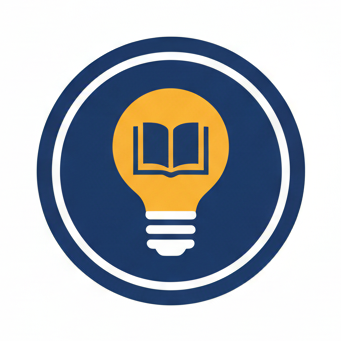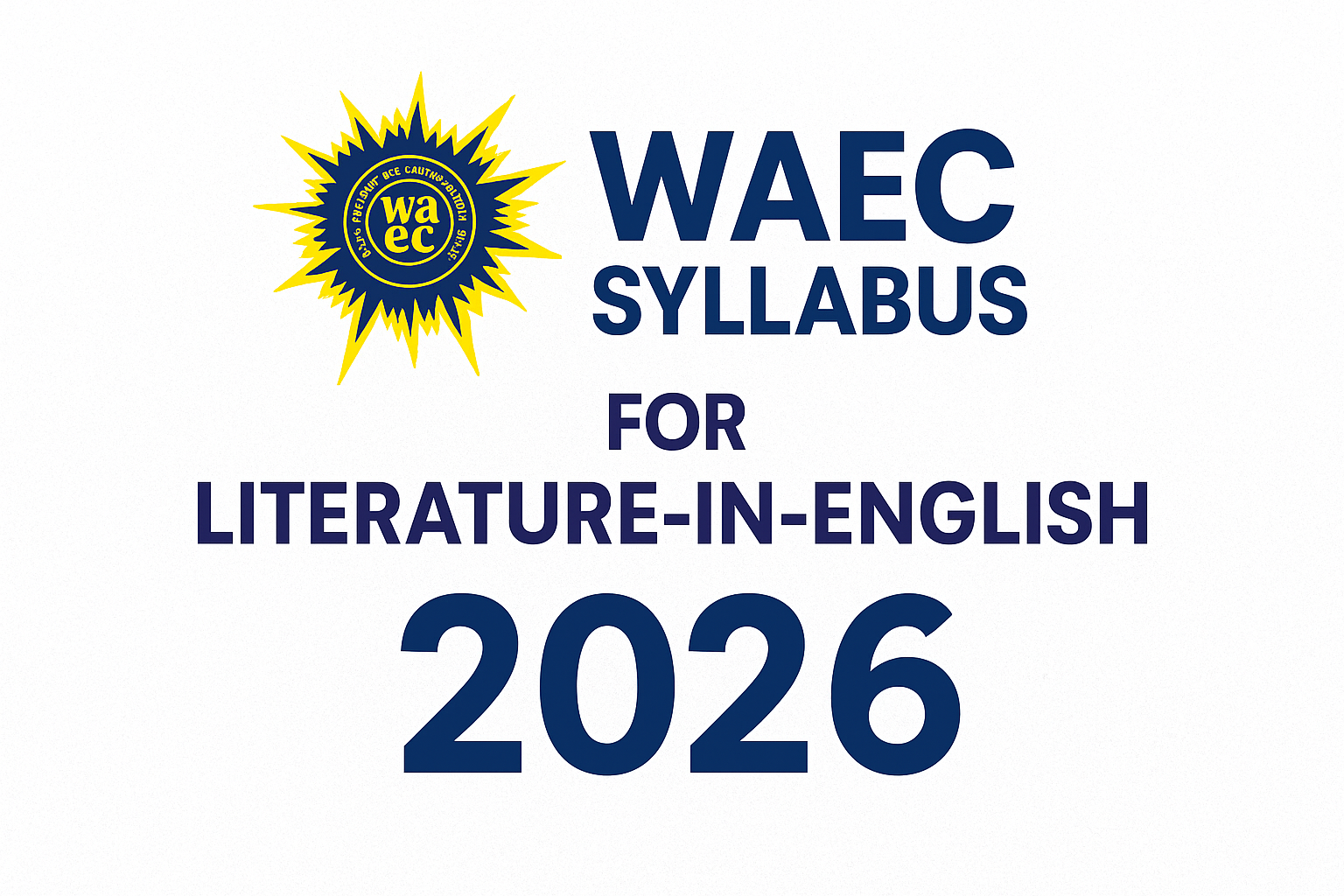If you’re sitting for the WAEC Literature-in-English exam in 2026, this guide will help you understand exactly what to read, what topics to focus on, and how to prepare the right way. The WAEC syllabus can sometimes feel overwhelming, but don’t worry, this version breaks it down in a clear, simple, and easy-to-follow style.
What the Literature-in-English Exam Is All About
WAEC uses this subject to test how well you can:
- Understand the meaning behind literary texts
- Analyse characters, themes, and writing techniques
- Appreciate drama, poetry, and prose
- Think critically and express your ideas clearly
- Answer multiple-choice and essay questions based on the texts
In simpler terms: WAEC wants to see that you truly understand the books and poems, not just cramming summary notes.
The exam covers three major areas:
- Drama
- Prose
- Poetry
Prescribed Texts for WAEC Literature-in-English 2026
The texts listed below have been part of the WAEC cycle from 2021–2025. WAEC usually keeps the same texts for several years, so these remain relevant for 2026 unless an official change is announced.
1. DRAMA
African Drama
- Wole Soyinka – The Lion and the Jewel
A playful drama exploring tradition, modernity, and romantic rivalry. - John K. Kargbo – Let Me Die Alone
A powerful story about betrayal, tradition, and leadership in Sierra Leone.
Non-African Drama
- Oliver Goldsmith – She Stoops to Conquer
A hilarious comedy centred on mistaken identities and romance. - August Wilson – Fences
A moving story about family, dreams, and generational conflict.
2. PROSE
African Prose
- Buchi Emecheta – Second Class Citizen
A story of survival, ambition, and hardship in a foreign land. - Alex Agyei-Agyiri – Unexpected Joy at Dawn
A novel exploring migration, identity, and political tension.
Non-African Prose
- Ernest Hemingway – The Old Man and the Sea
A timeless tale of courage, endurance, and personal struggle. - (Some additional prose texts may be updated depending on WAEC’s latest announcement.)
3. POETRY
African Poetry
- “The Panic of Growing Older” – Lenrie Peters
- “Ambush” – Gbemisola Adeoti
- “Vanity” – Birago Diop
- “Piano and Drums” – Gabriel Okara
These poems explore issues such as identity, modernization, aging, and African cultural experiences.
Non-African Poetry
- “The Good-Morrow” – John Donne
- “Caged Bird” – Maya Angelou
- “Do Not Go Gentle into That Good Night” – Dylan Thomas
- “The Schoolboy” – William Blake
These selections explore love, freedom, childhood, death, and personal expression.
Key Themes You Should Pay Attention To
While reading the texts, keep an eye on common themes WAEC likes to test, such as:
Drama
- Culture vs modernization
- Love, conflict, and family struggles
- Social criticism
- Power and leadership
Prose
- Migration and identity
- Gender roles
- Post-colonial society
- Poverty, survival, and resilience
Poetry
- Nature
- Freedom and oppression
- Mortality
- Personal growth
These themes often show up in essay questions and oral discussions.


Leave a Reply